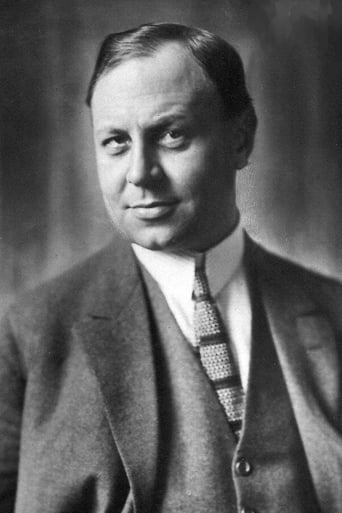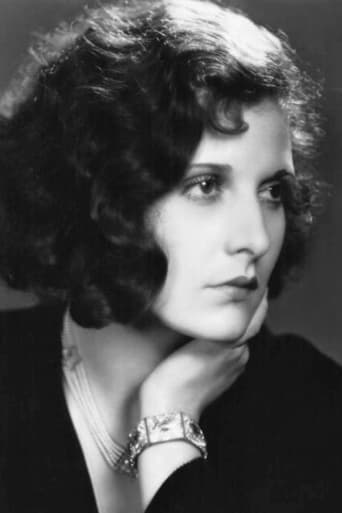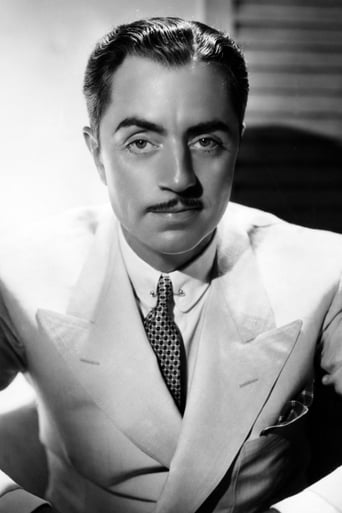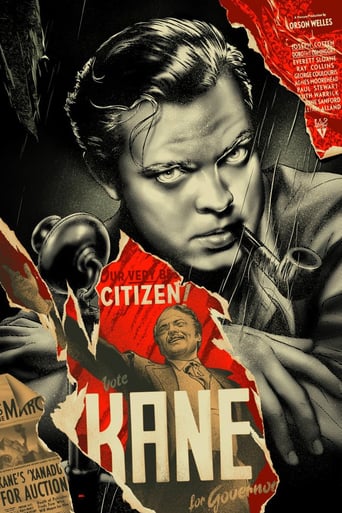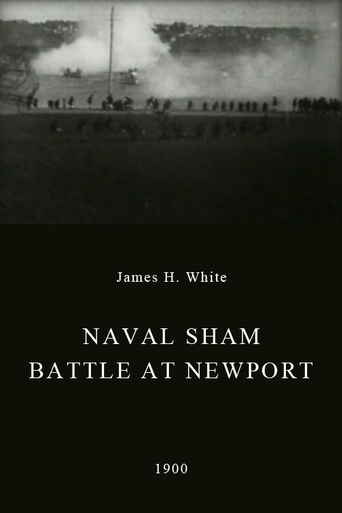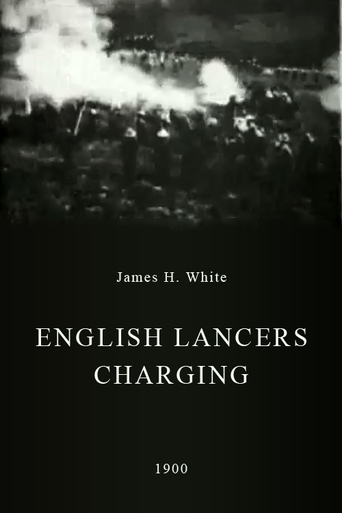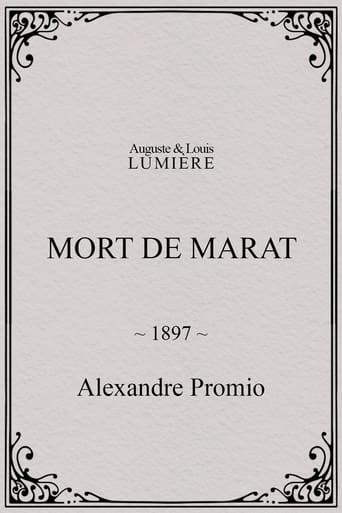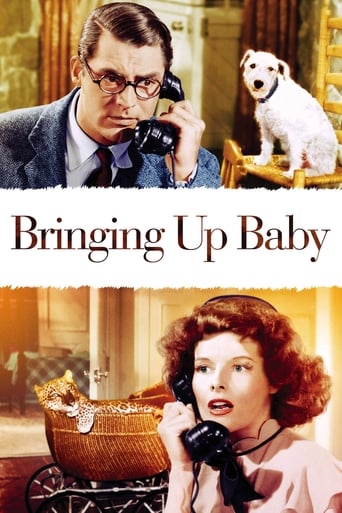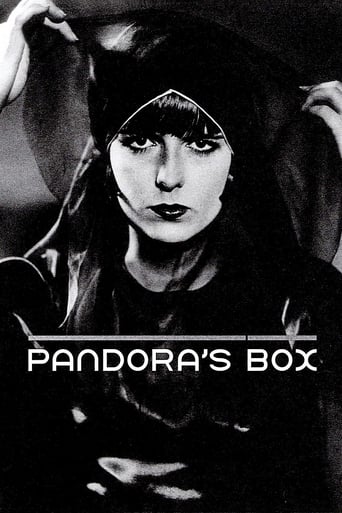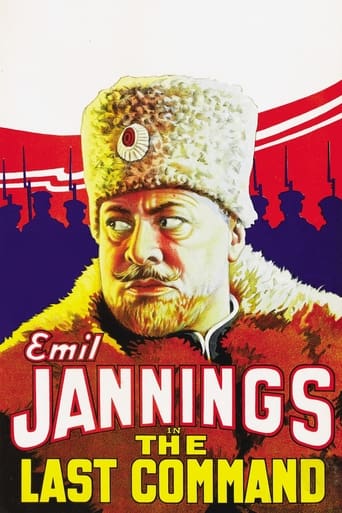
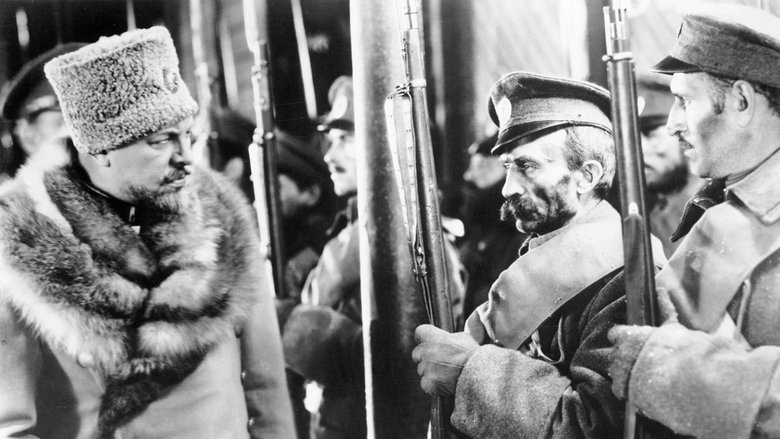
The Last Command (1928)
A former Imperial Russian general and cousin of the Czar ends up in Hollywood as an extra in a movie directed by a former revolutionary.
Watch Trailer
Cast


Similar titles
Reviews
Very disappointing...
It is a performances centric movie
Clever, believable, and super fun to watch. It totally has replay value.
This is a small, humorous movie in some ways, but it has a huge heart. What a nice experience.
The story is a romantic tale inspired by an actual Russian general who fled his country after the rebellion of the Communists in 1917. The story starts in 1928 showing William Powell as Lev Andreyev, Hollywood mogul casting a film about the revolution. He picks an actor based on the actor's head shot; the actor is former Grand Duke Sergius Alexander (played by Emil Jannings), formerly the most powerful man in Russia, head of the Russian forces fighting against the insurrectionists. The story then goes to flashback, where we see the Grand Duke inspecting his troops, watched secretly by Andreyev and Natalie Dabrova (played by Evelyn Brent) as they plot his overthrow and assassination.Mr. Jannings won the first Best Actor Oscar for this role. "The Last Command" was directed by the incomparable Josef von Sternberg, who also directed "The Blue Angel" (again with Mr. Jannings), "Morocco," "Shanghai Express," "Blonde Venus," "Crime and Punishment," and more, many with Marlena Dietrich as his leading lady. Mr. Jannings was considered among the best actors of his time, and he shows why in this movie. Evelyn Brent plays a revolutionist conspirator with Mr. Powell in 1917, but the Grand Duke captures them, sends Andreyev to jail and Dabrova to the Duke's bedroom. It turns out that both the Grand Duke and Madam Dabrova want the same thing -- what's best for Russia, and he turns her to his point of view and seduces her. Or he seduces her and turns her to his point of view. In any event, he's a powerful man with a powerful personality, and she soon sees things his way.This is a tragedy, and the Grand Duke's power turns against him when the revolutionists win, capture him, and send him off to be hanged. Dabrova secures his release, but, as the Grand Duke later puts it, he suffers a shock and ends up in Hollywood as a bit player. The tables get turned when Andreyev turns up as the director of a movie about the revolution, and Andreyev casts the general as the general in the movie. Because it is a tragedy, things go badly for our hero the Grand Duke, but von Sternberg gives us a bitterly happy ending out of it all. The three leading actors all give star turns, but for me the direction by von Sternberg is the star of this film. His long, lingering portraits, particularly of Ms. Brent, showed the emotion and depth of the characters. There are some plot points that don't quite make sense, but overall the movie still holds my interest after all these years. I noticed that Herman J. Mankiewicz did the titles. There is a rumor that in the vote for best actor for the first Academy Award, the actual winner was Rin Tin Tin. The Academy (correctly, I think) decided that awarding the Oscar to a dog would make the award seem less than serious, and the first award for Best Actor went to runner-up Emil Jannings for his work in "The Last Command" and "The Way of All Flesh." Herman J. Mankiewicz was a well-known writer, well- known for often biting the hands that fed him in Hollywood. Another rumor is that as punishment for one of his many sins he was ordered to write a script for one of the many Rin Tin Tin movies, so he turned in a script where the dog carried a baby into a burning house. The Mankiewicz family has a glorious history in Hollywood, and I recommend reading up on them.I note that Jack Raymond as the cigar-chomping assistant director to Andreyev is a dead ringer for Josef von Sternberg.In the movie being made by Andreyev, we see extras being assigned costumes and doing make up to play Russian army troops. The extras were in fact extras assigned costumes and doing make up to play extras playing Russian army troops.Ms. Brent's costumes as the 1917 revolutionist were contemporary with 1928, a situation which she repeated in "The Mating Call," a movie she made the same year which was also set in 1917. I highly recommend "The Mating Call." Herman J. Mankiewicz has an uncredited role in and did the titles for "The Mating Call." Mr. Mankiewicz repeated this role in Citizen Kane.
"The Last Command" is a beautiful and extraordinary film in the best tradition of classic story-telling, with German actor Emil Jannings giving an outstanding performance for which he won the first Oscar for "Best Actor" ever. Based on the life of Russian official Theodore Lodijensky, who ran from the Soviet revolution and worked in Hollywood as an extra in silent films, Jannings plays a general who is chosen for a big historical production by a fellow countryman, a theater director who he once persecuted in Russia, for his subversive activities, and who is now in charge of the film's direction. From the first scenes when the military is selected, when he arrives in the studio, dons his costume and makes up, to the scene he impressively plays in the film-within-the-film (containing one of the most eloquent critics to cinema when turned into a cold industry that makes either films as sausages or limousines), "The Last Command" consists of a long flashback of the general's life in Russia, when he incarcerated the theater director and fell in love with a revolutionary actress. Jannings would work again for Sternberg as the protagonist of "The Blue Angel", seduced by the wicked Lola-Lola (Marlene Dietrich). Highly recommended.
Emil Jannings won the first Best Actor Academy Award for his performance as a once-powerful Russian general who finds himself spit out at the bottom of the Hollywood factory in this late-era silent film by Josef von Sternberg.Jannings certainly has a lot of meat to work with as his character evolves from icy villain to doddery old man to raving lunatic. The general flees Russia after its citizenry revolts and is hired to play a Russian general in a film directed (unbeknownst to him) by one of the citizens he victimized. This director is played, believe it or not, by William Powell, not remotely convincing as a Russian agitator. The film is ably directed by von Sternberg, and some of the visual comparisons it makes between the militaristic oppression of Russia and the casting of a Hollywood movie are quite memorable and clever. Jannings' performance is rather silly by today's standards, but it's easy to forgive it since it's the product of a different era and different style of acting.The film also garnered an Oscar nomination for the original story by Lajos Biro. Incidentally, Biro lost to Ben Hecht, who was nominated for another von Sternberg film, "Underworld." Grade: B+
The Last Command, was inspired by a true story sort of. Legendary director Ernst Lubitsch was invited by a friend to dinner at a Russian restaurant where he was introduced to the owner, one General Lodijenski. This General had fought in World War I, but lost an important battle and fled west shortly afterwards opening a restaurant called The Double Eagle on Sunset Boulevard.Several months later, Lubitsch was at MGM working on The Student Prince in Old Heidelberg when he noticed an extra in costume of a Russian General. "I know you from somewhere," said Lubitsch. "I met you before," the extra replied. "I am General Lodijenski." Turns out his restaurant had closed and he was forced to now take extra work in the movies. "Funny, isn't it," he said, "that I should be playing a walk-on bit as a Russian general."Mulling the encounter over, Lubitsch began to see it as a perfect scenario for Emil Jannings, whose gift for portraying tragic, masochistic characters had long since been established. Lubitsch told the story to Jannings, who expressed interest. A few weeks later, Lubitsch ran into writer Lajos Biro, who mentioned that Jannings was not only a brilliant actor but had good story ideas as well. Biro then proceeded to tell Lubitsch about the script he was working on, at that point entitled The General. It was the same story Lubitsch had told Jannings.The script was written and given to Josef von Sternberg to direct. Sternberg made some brilliant changes to frame the main story as a flashback, giving the narrative a quality of retrospection, with the implications of loss from the beginning. It was re-titled, The Last Command and what happened to General Lodijenski? He was given a small part in the film and I am told he can be observed as a thick-set, middle-aged man with short hair.Now we have the seeds of the story, a Russian General once a cousin to the Czar ends up a mere extra in a movie about a Russian General – irony. But there is much more irony, the symbolism of the peasants being mistreated by those above them is the same as the extras being mistreated by the Hollywood elite. The films star, Emil Jannings was a Swiss born actor known for portraying imposing historical figures like Henry 8th, Othello, Louis the 15th and Nero. In the mid-1920's many considered him the world's greatest screen actor. He was often cast in films designed to showcase his gift for tragedy as in F.W. Murnau's 1924 feature THE LAST LAUGH where Jannings played a proud but aged hotel doorman who is demoted to restroom attendant. Or the silent version of FAUST made in 1926 where he played Mephistopheles. The Last Command was his 57th film silent and later his first talkie, THE BLUE ANGEL also directed by Josef von Sternberg was a huge international hit and made a star out of Marlene Dietrich.When I recently re-watched this film I was amazed to see this old, feeble and broken man shaking beneath the weight of his memories juxtaposed against him as he was young, virile handsome commanding an entire army as well as every room he entered.Notice the tenderness the director pulls out of this gentleman when he explains why he shakes, because he had a great shock once and then we look with him into a mirror that leads us back to the story of a once great man. In the flashback we see William Powell and Evelyn Brent as revolutionary spies pretending to be actors. Evelyn Brent was a dark haired beauty with sultry looks that led to her being typecast exotic, dangerous roles as a sex addict who did drugs everyday. Her break thru role was as an alcoholic in the play THE RUINED LADY. Just before tonight's film she had made UNDERWORLD in 1927 with the same director Josef von Sternberg, it is considered the first major gangster film. On a trivia note her husband's name was Harry Fox for whom the foxtrot dance was named for.William Powell was one of the most popular leading men in Hollywood for over four decades but I bet you didn't know he started in silent films mostly playing heavies and bad guys! In his first film he was a criminal to John Barrymore's SHERLOCK HOLMES in 1922! LAST COMMAND was his 27th silent film and before this he was never a top star but on the strength of his reviews from this feature he was soon cast as the lead role in a talkie called THE CARNARY MURDER CASE where he played Philo Vance, a detective. He was so good in it he never played a bad guy again. Unlike many silent actors, sound boosted Powell's career. He had a fine, sophisticated voice and his stage training and comic timing greatly aided his introduction to sound pictures. He's best remembered today for his work with the charming Myrna Loy in six THIN MAN pictures.The very first Academy Award ever presented was given to Emil Jannings (he received his award early due to the fact that he was going home to Europe before the ceremony) for his performances Best Actor in a Leading Role for: The Last Command (1928) and for The Way of All Flesh (1927). That first year they gave it for the whole years work and not just a single performance. Sadly THE WAY OF ALL FLESH is a lost film so we have nothing to compare it with.Sternberg is best remembered today for his amazing lighting and cinematography of Dietrich but I saw watch the actors eyes in this film and you'll see he was also a director of great performances in amazing stories I do you seek out and enjoy THE LAST COMMAND!


